Throughout history humanity has always faced difficult circumstances and conditions. Sometimes those conditions were created by nature, and sometimes by people – including ourselves. Whatever adversity we experience, the way out of the difficulty is living within ourselves, living in the freedom of our heart. We find that place through openness, through trust, and through inner discipline.
The hardest thing for us to believe is that we can live in our heart all the time, in a place of happiness and profound joy. We do not believe we can live there, because it has been our experience that although we find our inner connection, when we walk out of the door and something attacks us, we still contract and become unhappy. The test of life is, can we bring that inner happiness out into our lives, and hold onto it, no matter what we have to deal with in the world? Do we find true happiness inside, or out there? We must find a deep place in ourselves, and then hold onto it. That is where discipline is important, so that we do not just react to circumstances and lose contact with our center.
We have to realize that difficult situations are there exactly because they are needed for our growth. The energy we can get from them is the fuel and the nourishment we need to go deeper into ourselves. It is irrelevant whether we made a mistake (or thought we made a mistake) which was the cause of something happening. That energy and pressure forces us to go deeper within in order to get through it. And we are grateful for whatever comes our way, even if we don’t exactly like it. In this way, life makes us strong.
All too often we reject these difficult situations for a multitude of reasons, rather than becoming bigger and using them as nourishment. We forget to be attached to the one outcome that is important—that we stay inside and grow from the experience. When we are able to remain in our center throughout any difficulty, we keep our inner connection and strengthen it in the process. We have a responsibility to find this outcome for ourselves. With disciplined action, we learn to walk our talk. We choose happiness over all other.
Being grateful for the opportunity to choose
This choice is our celebration, and what is extraordinary about it is the potency of that choice. We have all had the experience of choosing to open our heart in a moment of crisis; choosing to go beyond the contraction and by doing so, having a mountainous obstacle just disappear. How incredible that we have that choice; and that we have been given the grace of that choice in this lifetime! Just walk down any street, anywhere on this planet, pay attention and you will see that most people are not aware of that choice. We cannot be arrogant about it. We have to be grateful. It is irrelevant how and why any of us have come to have the opportunity to grow spiritually. The issue is whether we choose to take advantage of that opportunity.
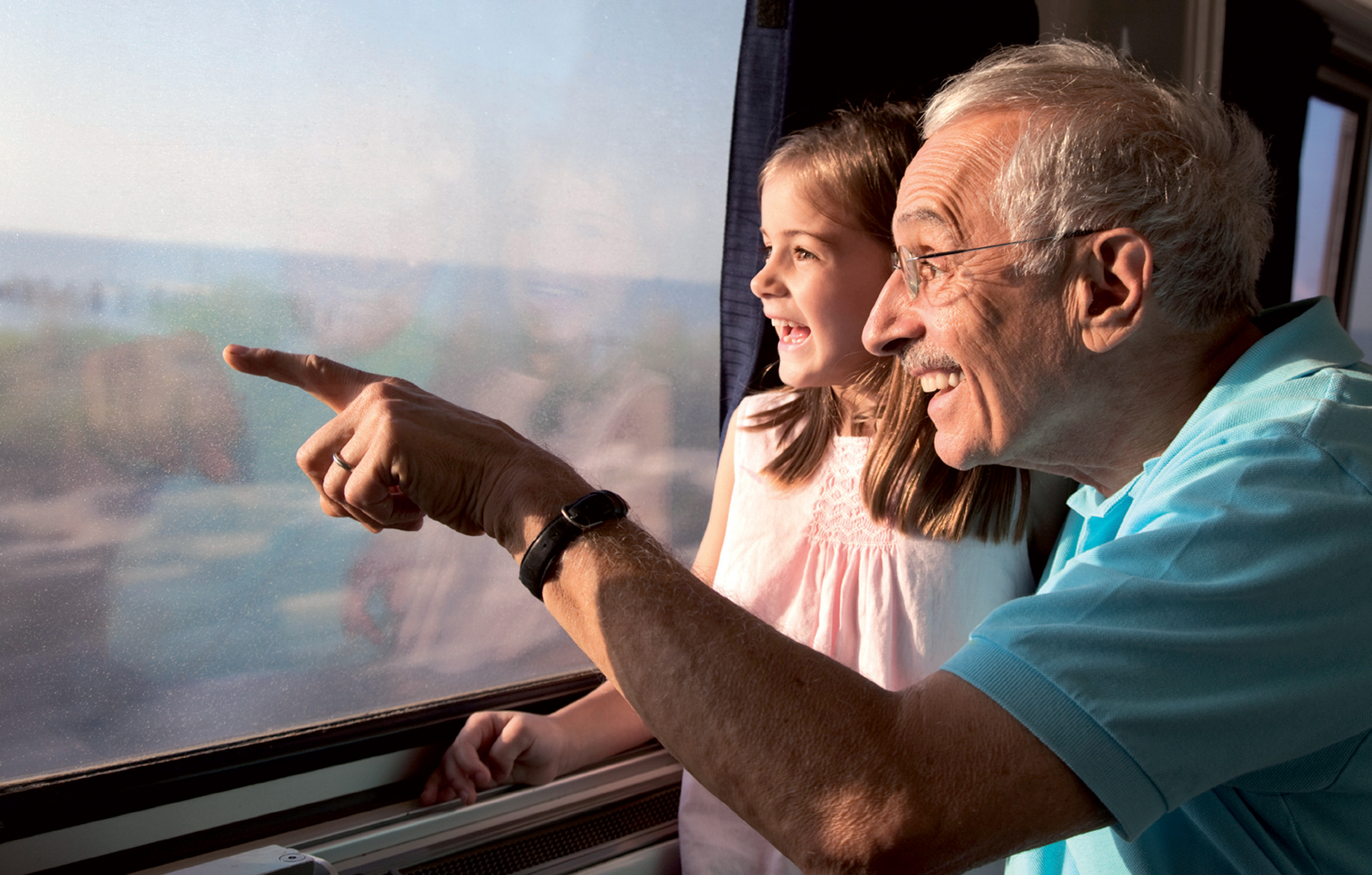
“We have to realize that difficult situations are there exactly because they are needed for our growth. The energy we can get from them is the fuel and the nourishment we need to go deeper into ourselves.”
The reality is that there is probably not a person reading this article who faces the real challenges of survival encountered by most people on the face of the earth today. We think we have hard lives, but we don’t have a clue. Get on a plane, travel anywhere, drive a few miles to any troubled inner city and you will see many people facing difficult situations. But everybody wants to go to Zambia and save somebody there. Go to some nearby city and save somebody. I dare you! Zambia is a lot more romantic. But the point is that we don’t have to face that kind of fight for mere survival. Our dramas center around how many millions of dollars we are going to make, or not make—and whether we can be fulfilled if we don’t have that kind of money. We are ignorant about how hard life is for millions of people, and yet we build all these dramas around our everyday activities.
This is not to say that we don’t face real obstacles in our lives—but the reality is that our problems are never as massive as we believe them to be. It is our mind, our ego, and our drama which blows everything out of proportion. So how do we take this thing that looks like a mountain of concrete and start to deal with it? What is it that changes the chemistry of what we encounter? We learn to use subtle discrimination to find a simple place in ourselves and we open our hearts. Then it doesn’t make a difference how big the mountain is, or how hard it is to work through it.
“The mind starts to say, “I don’t know what to do” and it starts creating all these dramas. It requires consciousness to recognize the actual difficulty of a situation and not mentally inflate the problem.”
If you take a mouse and drop it into a bag of flour, the mouse thinks “lunch” and just starts eating its way out. If you take a person, and drop him into a situation like that, where it feels like compression, he will get hysterical and just freeze up. The mind starts to say, “I don’t know what to do” and it starts creating all these dramas. It requires consciousness to recognize the actual difficulty of a situation and not mentally inflate the problem. This is not to deny that something is hard, but to recognize that there is a place from which we must approach life in order to transform our ability to respond. This place is inside ourselves and we find it by tuning into that openness— by opening our heart. This is how we begin internalizing the challenging situations in our life. It is how we develop the flow between inner and outer. And we slowly eat our way out of the bag. We may lose a few teeth in the process of chewing on it, but we just start chewing. Then the obstacle becomes nourishment, instead of suffocation.
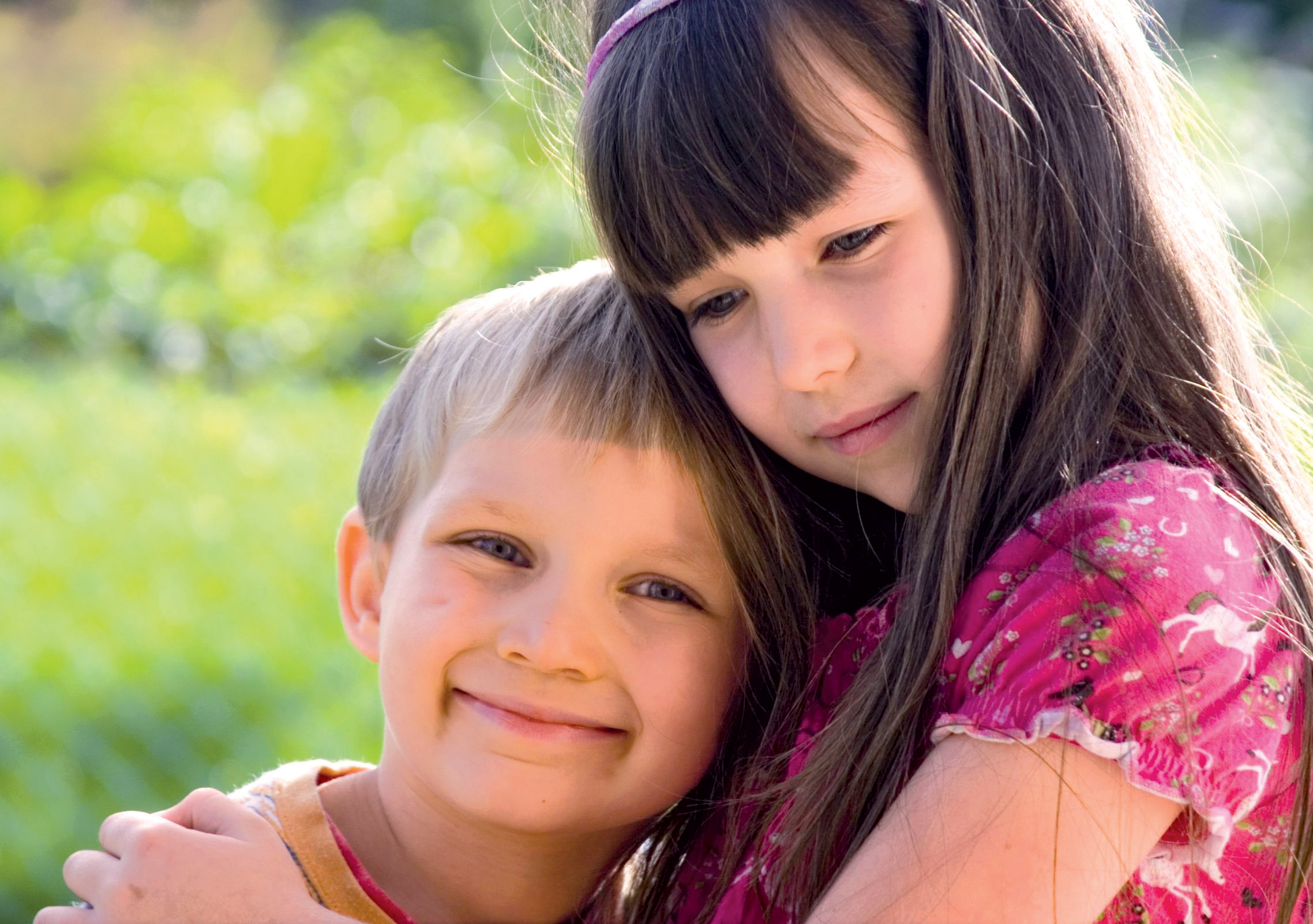
Keeping Our Hearts Open One of the real challenges for people is the illusion that humanity should be perfect. We read in the news about terrible things that go on in the world, and we believe they should not happen. But such things do happen, again and again. This doesn’t mean they’re right, but it means they do in fact happen. As with any experience, we have a choice about how we react to what arises in our lives. Allowing the news to affect our state is a choice we’re making, because we think “something happened that shouldn’t have happened.”
Throughout recorded history, very unfortunate things have continually happened. Why? My teacher expressed the perfect answer when he said, “The reason the world is in such bad shape, is that nobody opens their heart.” That’s the reality—and therefore what we personally have to be responsible for is opening our own hearts as big as we can to the people around us. And while we do have compassion when things happen to those who aren’t part of our life, we can’t really allow that to affect our state.
When we permit world events to deeply affect us, we have consented to being closed down. Justifying this reaction becomes another excuse to live in our own humanity instead of transforming our consciousness and living in the Divinity available within us. We can get so caught up in the events that are happening in the world that we completely lose contact with ourselves. We lose contact with the profound opportunity to grow beyond the limitations of inner constriction. It takes a lot of discipline and consciousness to really stay in touch with our center and not get lost when we experience something we perceive to be negative.

“We must understand that everyone has karma in this life, and the “bad” things that happen to people reflect that their karma has created that situation for them.”
We must understand that everyone has karma in this life, and the “bad” things that happen to people reflect that their karma has created that situation for them. This doesn’t mean they’re bad people, but it probably means that they are now reaping the results of their past actions. We have to elevate ourselves to the understanding that every person is an individuated expression of one Divine whole, and the dynamic that happens within that person’s evolution—their journey back to their own source—involves a few bumps in the road. And most of those potholes were attracted from within themselves, often not even from this lifetime.
We cannot judge what God has given
Just by looking at external circumstances, we cannot know the value of what someone else is experiencing. I once read an article about an interview with a Tibetan monk who had been imprisoned and tortured for twenty years by the Chinese. When asked if he hated his captors for taking away his freedom, and whether he’d lived in fear all those years, the monk’s response was simply incredible. He said, “My only fear was that I would close my heart and thereby lose my freedom.” Here was a simple person, who was not some great saint—and yet he was able to find in himself the capacity to let go of the harsh conditions that life presented to him, recognizing that only he himself could take away his true freedom. I guess you could say he was a saint…
Most of the time, we build our own prisons. We create walls of tension around our hearts because we’re continually, forcibly trying to change what God has given. It is not ultimately relevant whether a situation is right or wrong. Was it right for the Chinese to have imprisoned this monk for twenty years? Not relevant, in terms of what was going on for him as an internal process. We can only imagine the process, the work, the deep surrendering that a person in that kind of circumstance must have gone through, to have come out of that experience without any hatred, without any revenge, without anything except the thought “I held on to my freedom, I kept my heart open.” Taking into account the amazing lesson this monk learned from his suffering, can any of us absolutely say that what happened to him should not have happened?
We must raise our perspective—have the jet airplane view as we’re flying through life. Because the things we want to build into big dramas are not in themselves what they seem, and we have to be careful not to let our emotional state be hooked into those situations. It doesn’t mean we lack compassion or that we don’t care. The best thing we can do is to send people love and joy, instead of imposing our opinions on them.
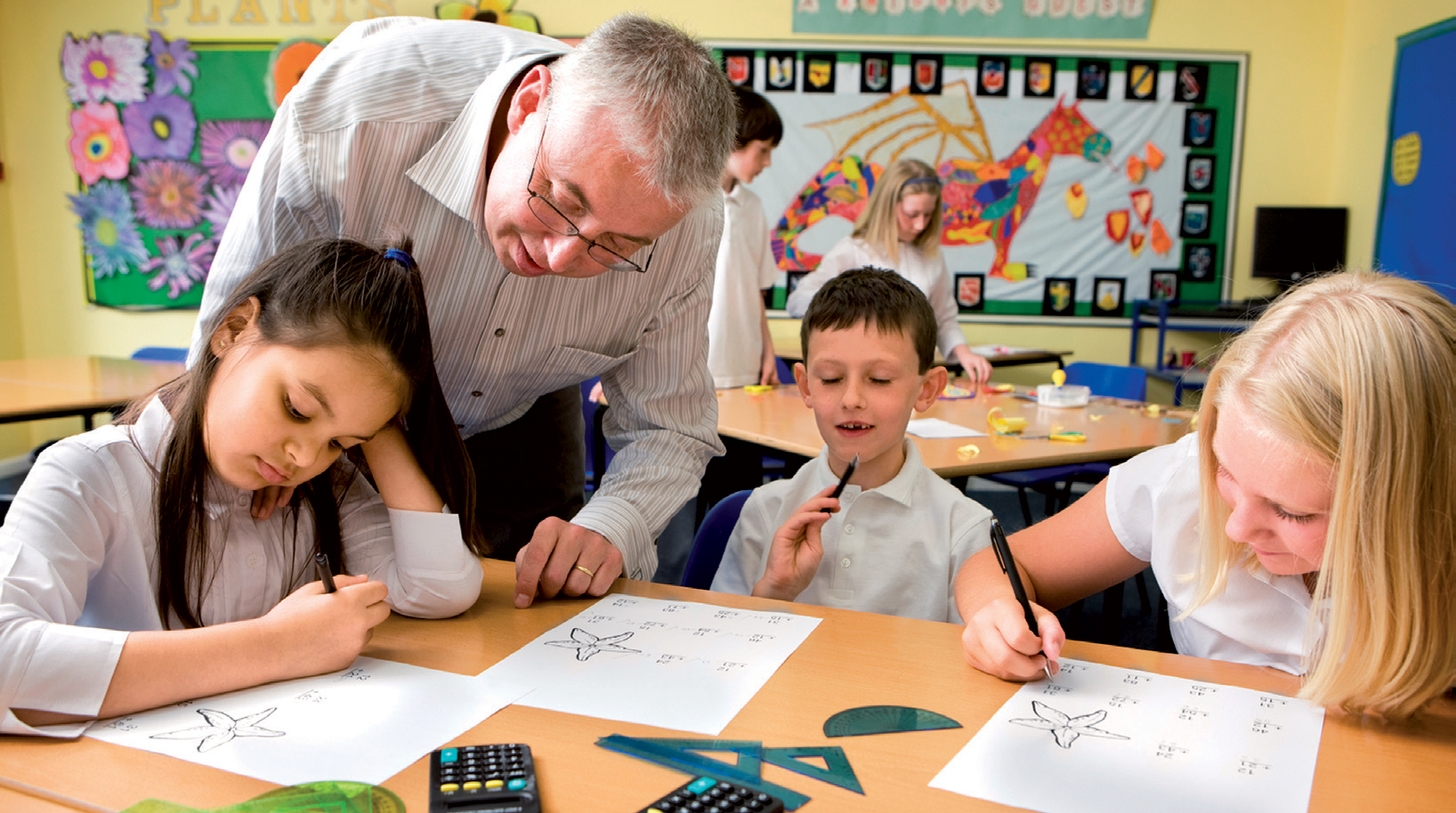
“There probably will never be world peace, but there may be inner peace for some who attempt to have it. And perhaps if a lot more people attempted to transform themselves, there’d be more chance of world peace.”
It might also serve us to remember that in their deepest self, the perpetrators are in as much pain as those on the receiving end of their actions. We need to have compassion for those people too. And that’s harder in our mind, but not harder in our heart. If we understand from a higher perspective, it’s just as easy to have love and compassion for the people who have done something that seems abominable, as it is to feel for their victims. We really only hear about one percent of the stuff that happens on a daily basis. And what goes on outside of this country is infinitely worse. We simply cannot relate to it in its own dimension, or we will go crazy. We will shut down.
But bear in mind however that the only things we normally hear about in the media are the negative stories. Good news does not sell papers or advertising. So let’s focus on the extraordinary things that are happening on this planet. Good or bad, we only like or dislike what happens from our limited perspective. So when we find ourselves caught in our minds or our emotions about some situation, we have an extraordinary opportunity to open our heart and say, “No, I will not live in my mind, in these thoughts. I will not live in this place that’s closing.” We choose instead to focus on our own purpose in life, which is to live in God’s joy at every moment. What an amazing transformation of our consciousness to even have the awareness to attempt that shift, instead of getting pulled out of ourselves in some drama that there is nothing we can do about and will not change.
Transforming our own behavior is ultimately the only thing we can be responsible for if we want to change the world. We must keep our hearts open and try to treat the people in our immediate sphere with as deep a love and respect as we can. Much as we’d like to be responsible for others—even those closest to us—we ultimately cannot control their experience. And unfortunately, trying to help our friends and loved ones usually takes the form of trying to control them!
There probably will never be world peace, but there may be inner peace for some who attempt to have it. And perhaps if a lot more people attempted to transform themselves, there’d be more chance of world peace. Let’s really be responsible for what we can be responsible for. And perhaps as we love this person and that person, and the number of people we can love grows, then we can have some impact.
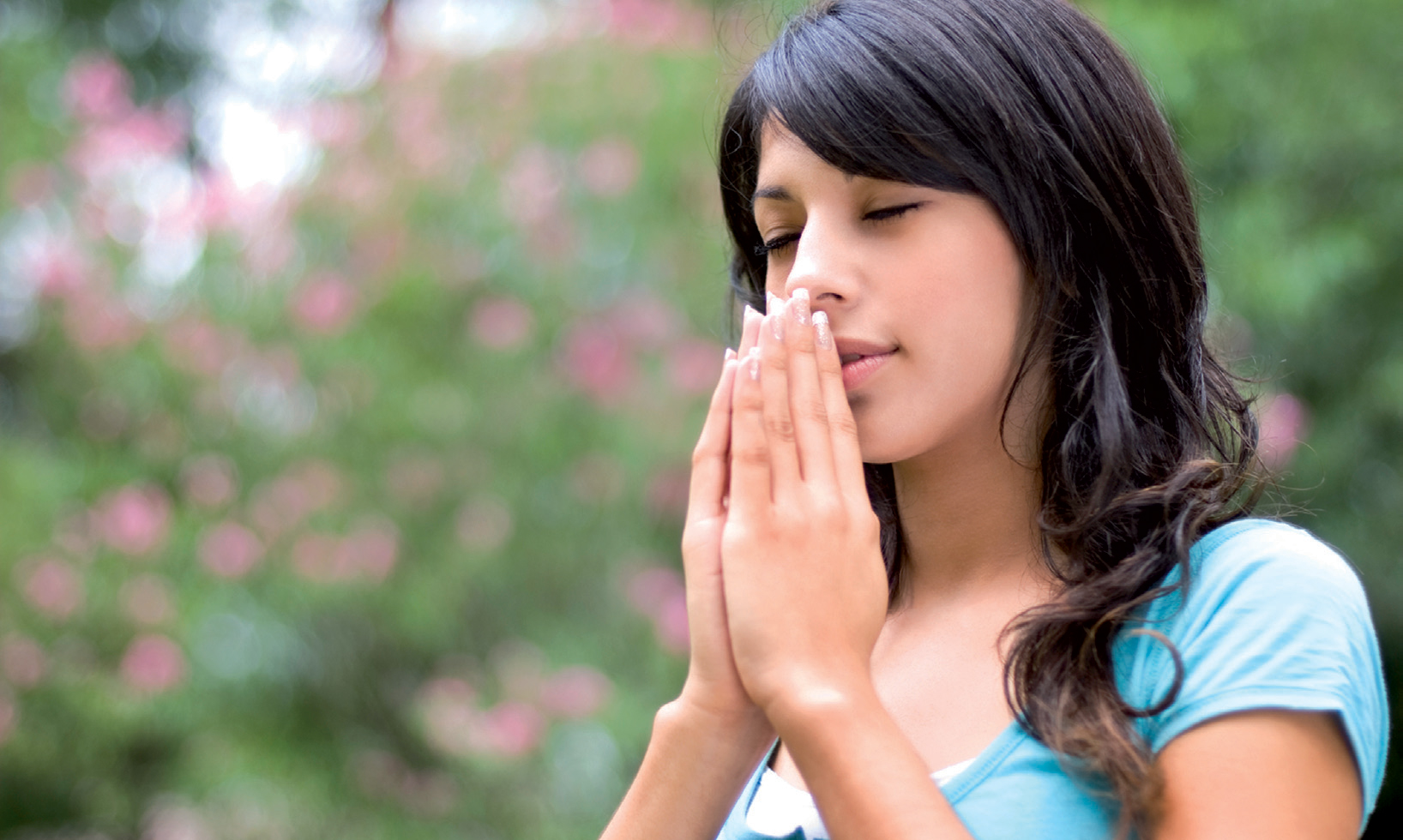
“Transforming our own behavior is ultimately the only thing we can be responsible for if we want to change the world. We must keep our hearts open and try to treat the people in our immediate sphere with as deep a love and respect as we can.”
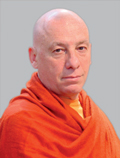 With mastery etched from four decades of inner practice and selfless service, Swami Khecaranatha is an authentic adept of Tantric Shaivism and an initiatedcarrier in the Shaktipat Lineage of BhagavanNityananda and Swami Rudrananda (Rudi). Khecaranatha is also the author of Depth Over Time: KundaliniMahaYoga, A Path of Transformationand Liberation, and Merging With the Divine, One Day at a Time. www.heartofc.org.
With mastery etched from four decades of inner practice and selfless service, Swami Khecaranatha is an authentic adept of Tantric Shaivism and an initiatedcarrier in the Shaktipat Lineage of BhagavanNityananda and Swami Rudrananda (Rudi). Khecaranatha is also the author of Depth Over Time: KundaliniMahaYoga, A Path of Transformationand Liberation, and Merging With the Divine, One Day at a Time. www.heartofc.org.




